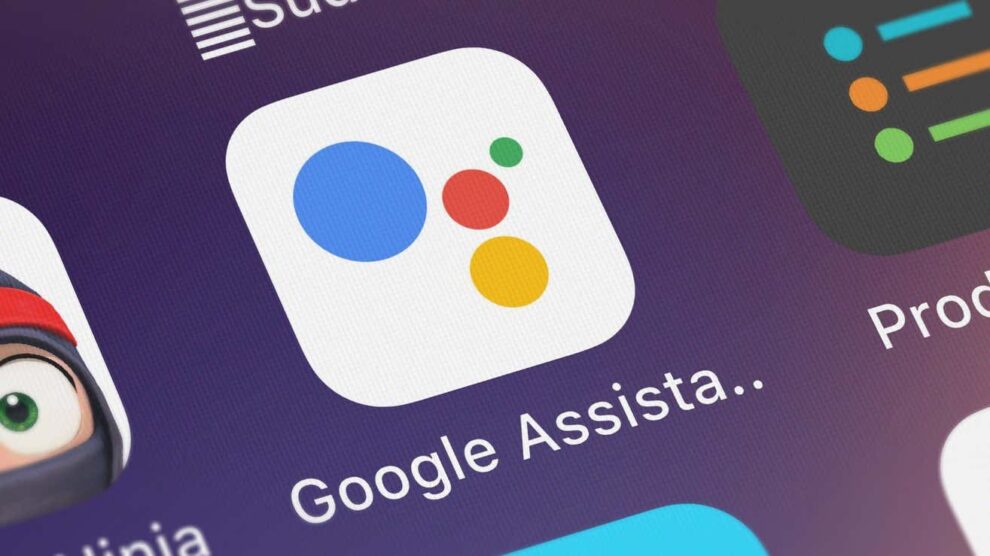Google recently announced plans to remove 17 little-used capabilities from their AI assistant. This streamlining arrives alongside major staffing cuts on the Assistant development team as Google looks to reprioritize.
While potentially disruptive for some users initially, the refined focus aims to strengthen Google’s core smart assistant offering.
Evaluating Google Assistant’s Lost Features
Reviewing the list of retiring features reveals a mix of niceties ultimately deemed non-essential:
- Emailing by voice command
- Personal travel check-ins
- Reminder setting for others
- Multi-step routines
- Speakerphone calling
- Media lookups by artist/episode
- Conversation recall
- Flight/package tracking checks
- Smart home controls by room
- Shopping list modifications
- Preferred streaming music apps
- Google Fit dashboard
- Multi-location weather checks
- Joke telling
- Game playing
- Traffic reporting
Individually, none seem absolutely critical. But for users leveraging multiple affected capabilities, the changes may require notable workflow adjustments.
Why Streamline Google Assistant Now?
The timing behind Google’s consumer-facing Assistant pruning connects directly to internal reorganization. After large-scale layoffs, development staffing shortages likely prompted evaluation of unsupported features.
Trimming little-used fat enables remaining team members to focus on improving core functionality instead of bolting on extras.
Streamlining also reduces fragmentation that complicates user onboarding and experience. Removing one-off tricks clarifies Google’s assistant vision and value.
Impacts to Consider
Before mourning the loss of Google Assistant’s extras, consider their actual utility:
- Were they used infrequently anyway?
- Are comparable options available elsewhere?
- Could removing them improve other areas?
If their disappearance causes no real inconvenience, trimming makes sense. And assurance that resources shift towards polish over bloat should excite consumers.
The Last Word
Google Assistant’s leanness pushes promises longer-term gains for customers, even if detriments feel more acute presently. As climbing smart assistant adoption intersects with economic realities, discipline in feature scope and staff support separates sustainable platforms from short-lived gimmicks.
By cutting loose less popular tricks, Google avoids Assistant bloat and fragmentation. The roadmap may offer fewer detours, but it ultimately leads somewhere better for users.
[Do you agree with Google’s decision to remove little-used Assistant capabilities to enable greater focus? Or do the feature losses outweigh their benefits?]









Add Comment